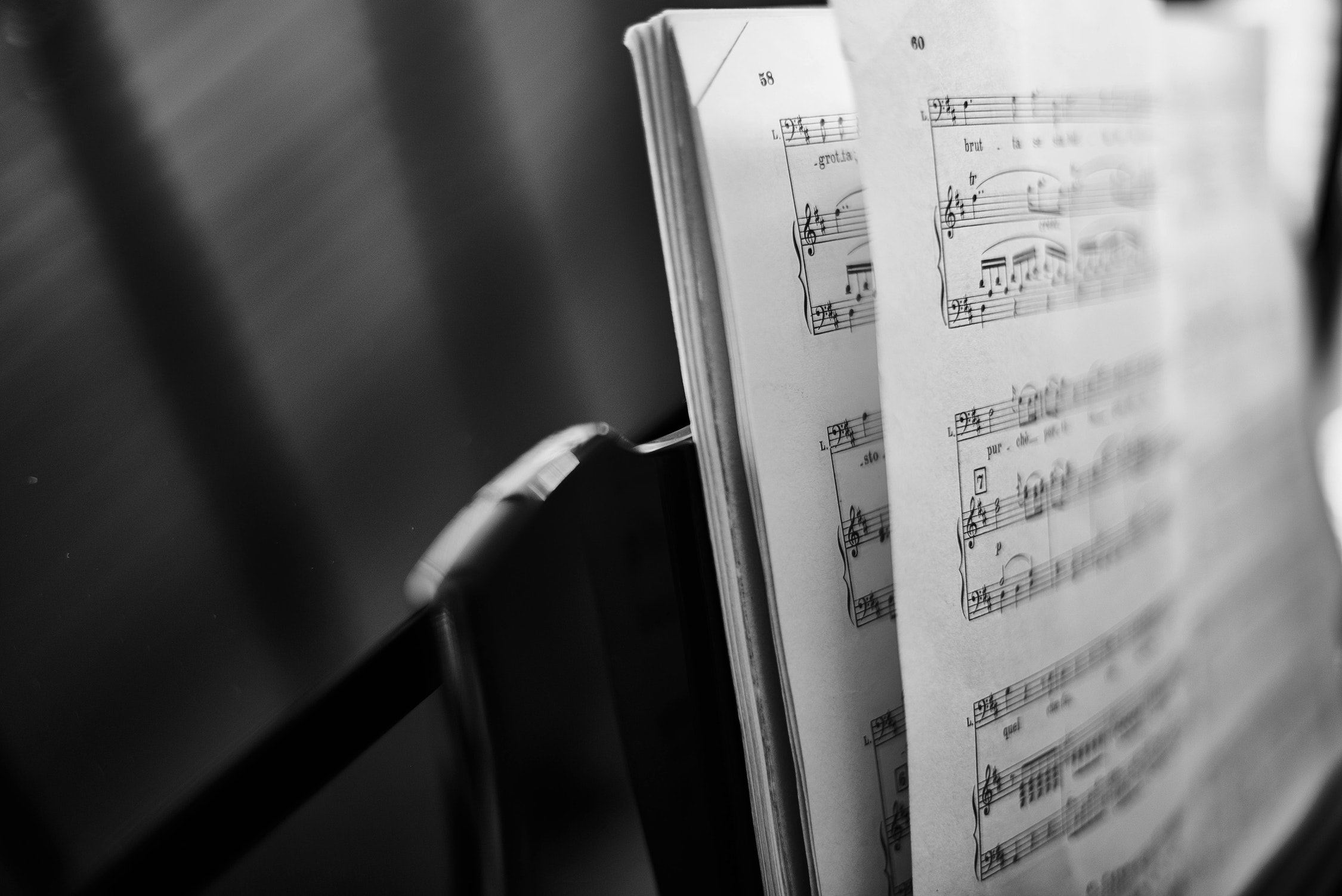Pedestrian.tv Interview - What it's like making a living as an 'Artist'
I did a little interview with pedestrian.tv on what it’s like making a living as an artist.
Unfortunately its not all about having naps and working in your pj's all day (although sometimes that does happen..)
Being a composer definitely has its challenges, but for me personally, finding work in more commercial areas such as Film and Television has definitely helped me ‘make a living’ and allows me to pursue more passion projects that although may not make music money, definitely are really important for my development as a composer.
You can check out the article below!
Full Article By Jared Richards
30/01/2018
…
"So how do they do it without freaking out? We asked three local artists – composer Cassie To, writer Carolyn A. Cage and illustrator Anna Vu – how they manage.
“After graduating, I felt really unprepared.”
Most artists are tertiary educated, since most practices need precise technical skills precision. According to the ACA’s report, 90% of professional artists have post-school qualifications, opposed to 53% of the labour force.
Of all the creative industries, it’s the classical contemporary music industry that requires those qualifications in order to get a foot in the door. But where to from there?
“After graduating, I felt really unprepared regarding finding work, like how to network, how to put yourself out there,” says Cassie To, a Sydney-based composer.
Since graduating from the Sydney Conservatorium of Music in 2015, Cassie’s slowly found herself a fairly stable stream of work, bouncing between commercial and advertising projects, orchestral and performance commissions and more. Music tutoring provides a steady base income too, a pretty bread-and-butter practice for most composers and musicians.
“It’s a bit of everything, it depends who calls my number,” she says.
Cassie’s career pretty much looks nothing like what she thought it would while studying. Of course, it’s super rare that composers make all their money from commissioned pieces for performance, so she knew that definitely wouldn’t be the case.
But she very much fell into composing for Australian reality tv and documentaries: in Cassie’s own words, she “latched on” to a commercial music studio after doing work experience there while studying. Whereas while at uni Cassie might have viewed commercial work as less creative, it’s not the case anymore.
“For people starting out, it’s quite common to be balancing out a couple of different jobs,” she says. “If I just did TV for example, I wouldn’t have a constant source of income because it’s up and down. It’s hard when establishing yourself to do just one thing, but I don’t think thats a bad thing. Everything informs each other.”
That, of course, requires a lot of self-discipline. By the tax man’s standards, you yourself are a business: suitably, Cassie treats composing like a 9-5.
“I think a lot of people think freelancers do whatever they want all day but for me, routine is really important,” says Cassie.
It’s something artists simply aren’t taught in the majority of tertiary institutions, though some, such as TAFE NSW, have implemented business skills into their fine arts courses.
“We are pretty much all treading water so we can stay afloat.”
Despite the necessity of most artists needing some sort of side-hustle, there remains a sense of shame – or, at the very least, frustration – over not living off your artistic labour alone.

